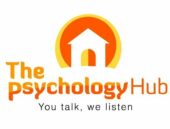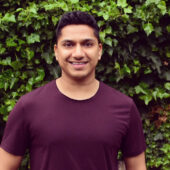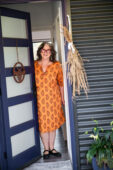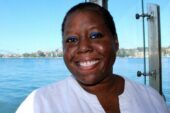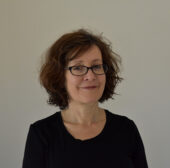
Therapists in Manoora, Queensland QLD, Australia AU

The Psychology Hub
Psychologist, Clinical Psychologists, Neuropsychologists, General Psychologists, Art Therapy, Mental Health Social Work
Our team consists of clinical psychologists, neuropsychologists, general psychologists, art therapists, counsellor and accredited mental health social workers. We have both male and female therapists of varied ages, cultures and experiences.
We provide assessment, diagnosis and therapy services for all ages.
Our practitioners only use evidenced based therapeutic modalities including CBT, Solution Focused, EMDR, Mindfulness, Exposure Therapy, play therapy and much more.
Our practitioners are registered with their associated professional bodies such as AHPRA, APS, AAPI, ACA, PACFA, AASW.
We provide Medicare, Workcover, NDIS, and Private Health services.
Kamran Bedi
Therapist, Advanced Anxiety/PTSD treatment and Confidence building. Fast results. IEMT, NLP, Hypnotherapy.
I have worked with over 1000 people using Integral Eye Movement Therapy (IEMT) treating anxiety, PTSD, fear, panic, being on edge, overthinking in 1-10 sessions. IEMT is a rapid release process that does more than any talk therapy. I am highly experienced working with feelings of regret, guilt, shame, anger, panic, fear, stress and more. I offer further mindset tools from NLP, Mindfulness and Hypnosis to help you change your life and break the cycles that are leaving you stuck. Clients have experienced change in 1-6, some 1-10 sessions which did more than years of talk therapy. You will feel free, unlimited, calmer, detached from any past pain with my guidance to help you 'reset' and restructure your outcomes. I have worked with anxiety, trauma, divorce, identity challenges, fears, insomnia, overwhelm, stress and more. It would be my pleasure to work with you so that you can experience the power of IEMT, NLP and Hypnosis, depending on your needs.
Karen Seinor
Counsellor/Therapist, MACA
I can meet you where you are, no judgement, just compassion, encouragement and tough love when its required.
Kerri Parke
Counsellor/Therapist, Psychotherapist ACA-L2
Hi I’m Kerri (she/her) - welcome to Inclusive Counselling Care. I am originally from London and moved to Sydney for work just over eight years ago.
My main areas of interest include trauma, depression and anxiety, relationships, couples and family counselling and working with clients who are sexually and gender diverse as well as from different racial backgrounds. I work both short and long term with clients.
As an LGBTQI friendly counsellor, I have worked with members of the community with their general therapeutic needs, as well as those who sought support during the coming out process, faced homophobia, biphobia and/or transphobia, were experiencing queer intimate partner abuse and sexual abuse and/or assault
Ms Charlie Stansfield
Licensed Psychoanalyst, Psychotherapist, Psychoanalyst.
"Often enough, we do not know our own mind. In the process of dialogue with another person, we are able to clarify what we think and feel"
(Fonagy, 2006).

